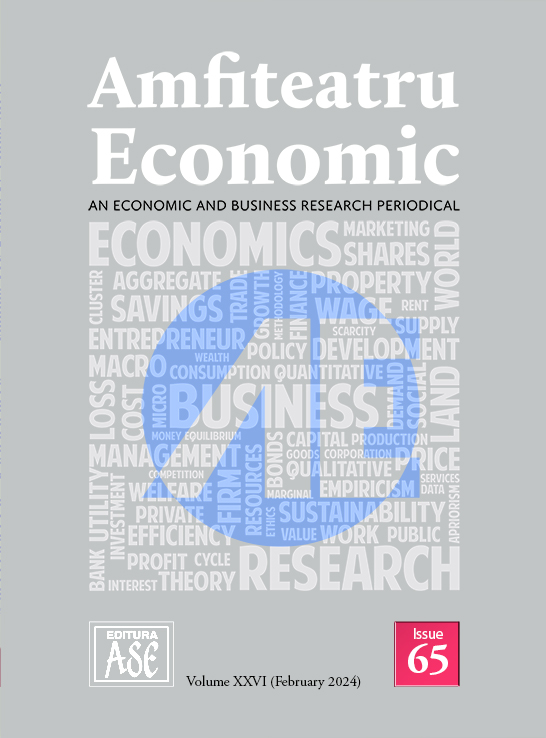A Systematic Analysis of New Approaches to Digital Economic Education Based on the Use of AI Technologies
A Systematic Analysis of New Approaches to Digital Economic Education Based on the Use of AI Technologies
Author(s): Laurențiu Mihai, Leonardo-Geo Mănescu, Laura Vasilescu, Anca Bandoi, Cătălina SitnikovSubject(s): Business Economy / Management
Published by: EDITURA ASE
Keywords: Artificial Intelligence (AI); digital economic education; systemic model regarding digital economic education based on AI;
Summary/Abstract: Since the start of the global COVID-19 pandemic, most higher education institutions have been forced to exchange the traditional teaching environment for online education, and many chose to continue to use digital education platforms after its end, especially through the use of artificial intelligence (AI) applications and technologies. Our research represents a systematic literature review of a number of 60 scientific papers, aiming to study how the concept of digital economic education based on artificial intelligence is approached in the scientific literature, how artificial intelligence applications are used in digital economic education, and which are the critical success factors and the challenges that this domain is facing. Our findings have shown that most researchers define digital education as the use of technology to support educational activities, while highlighting artificial intelligence and its different applications as an essential element of current digital education, which has the potential to fundamentally transform the economic processes. The large-scale adoption of e-learning systems based on artificial intelligence is influenced by technology, by their superior capabilities in terms of coherently correlating the learning and studying processes, by the teachers’ trust in the results generated by these technologies and by cultural factors, while facing several challenges related to the users’ resistance to change, digital competences, the systems’ accessibility, as well as financial issues. Furthermore, based on this research endeavour, a model system of correlations and elements has been developed, specifically for the digital economic education based on artificial intelligence. This model includes both the success factors and the unique challenges inherent in the particular application areas.
Journal: Amfiteatru Economic
- Issue Year: 26/2024
- Issue No: 65
- Page Range: 201-219
- Page Count: 19
- Language: English

